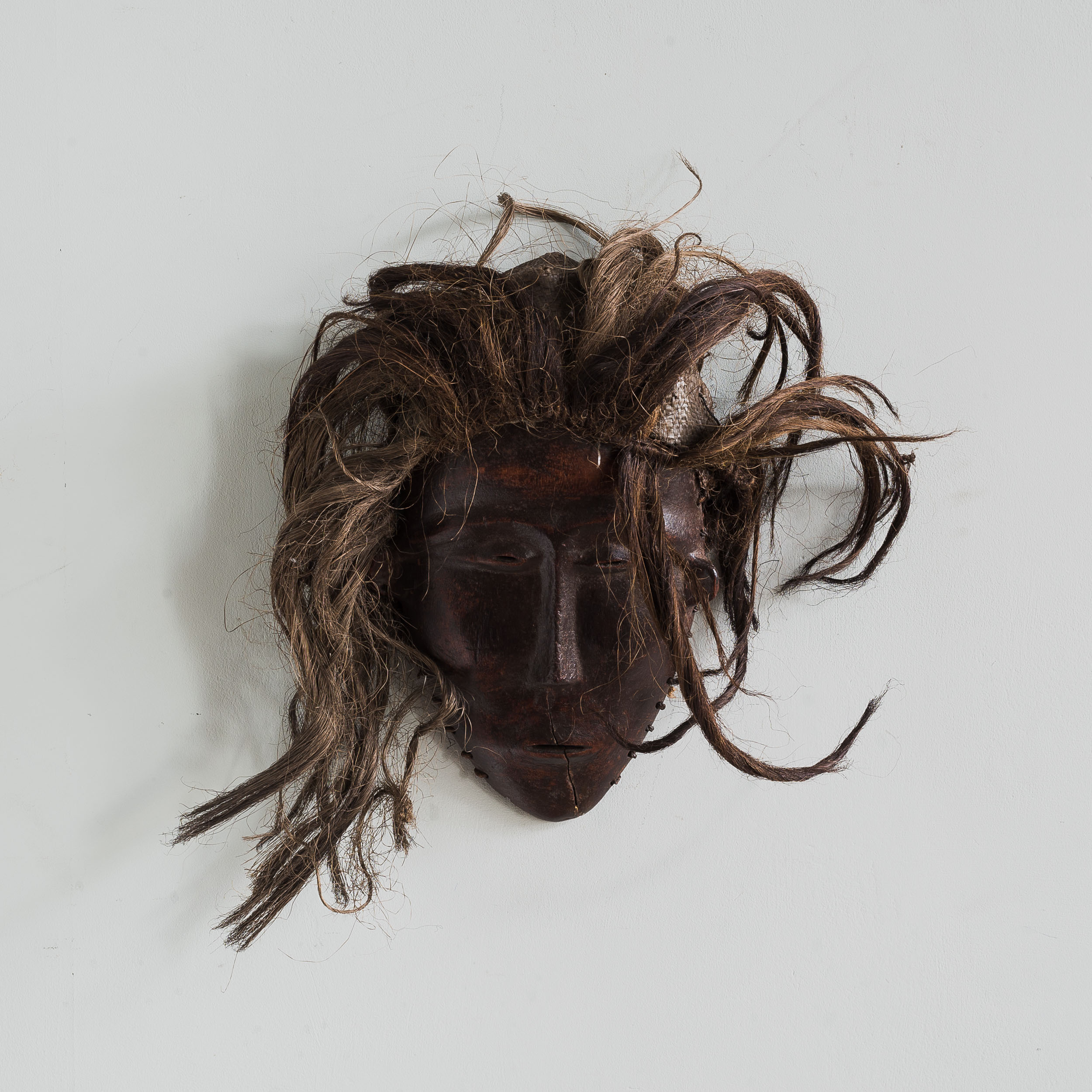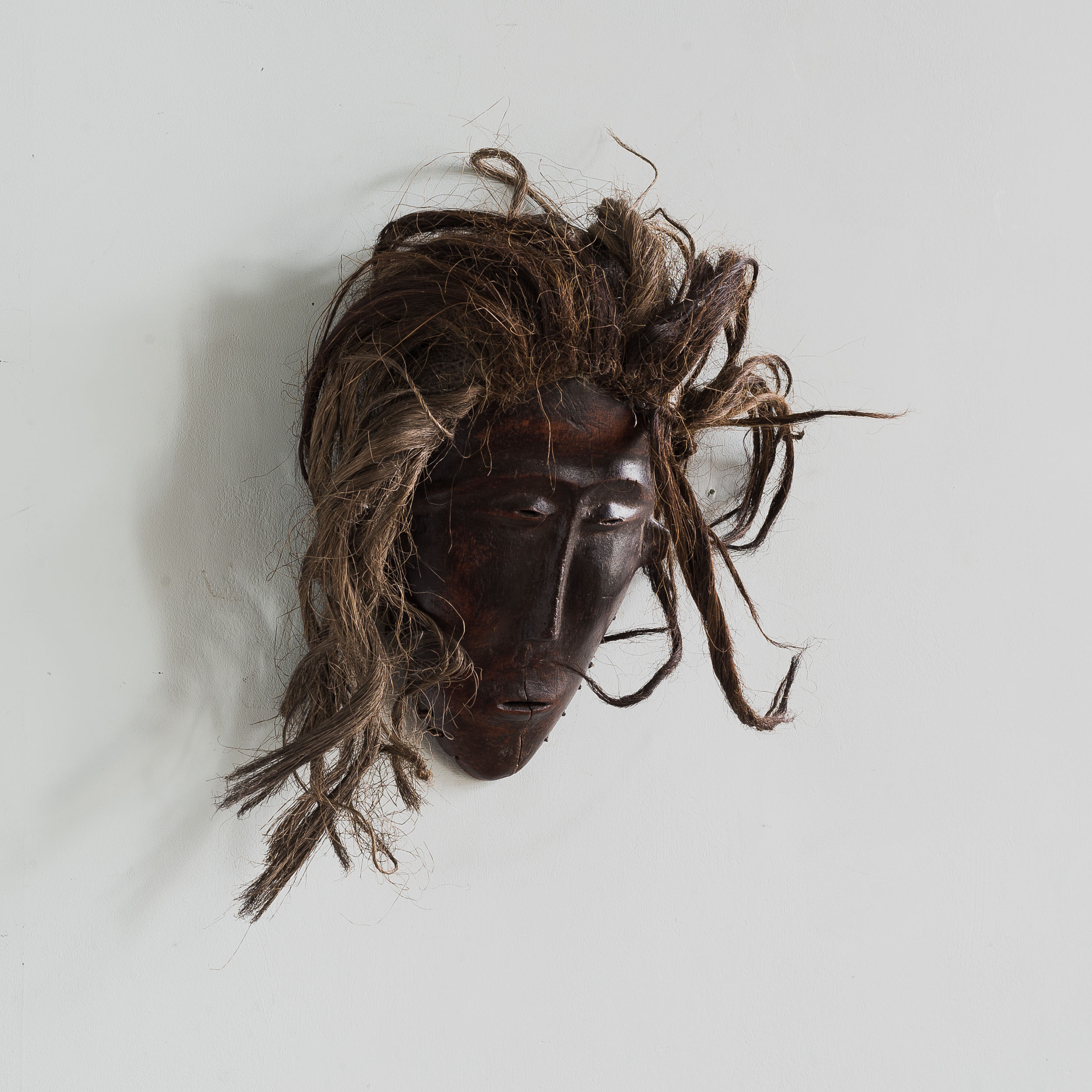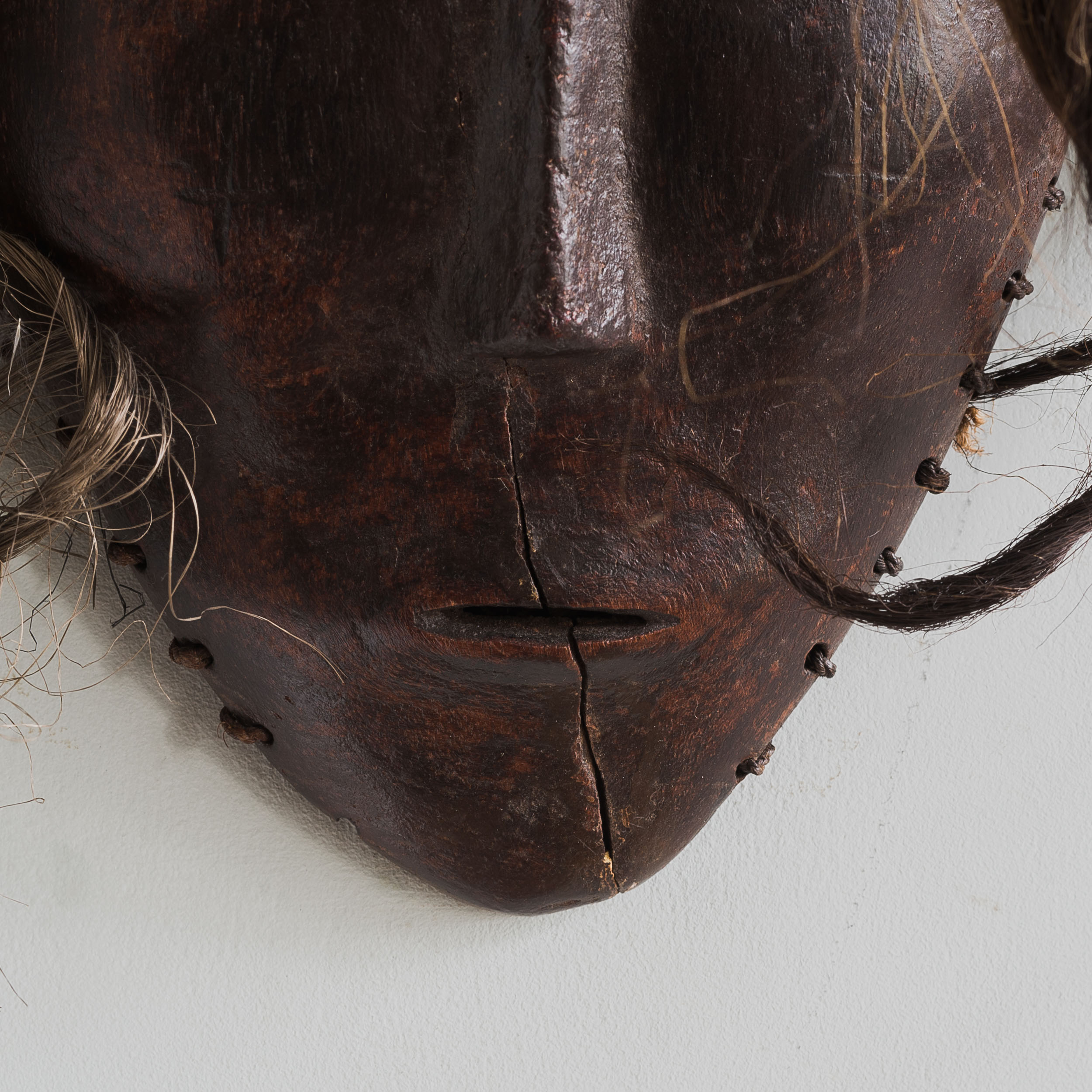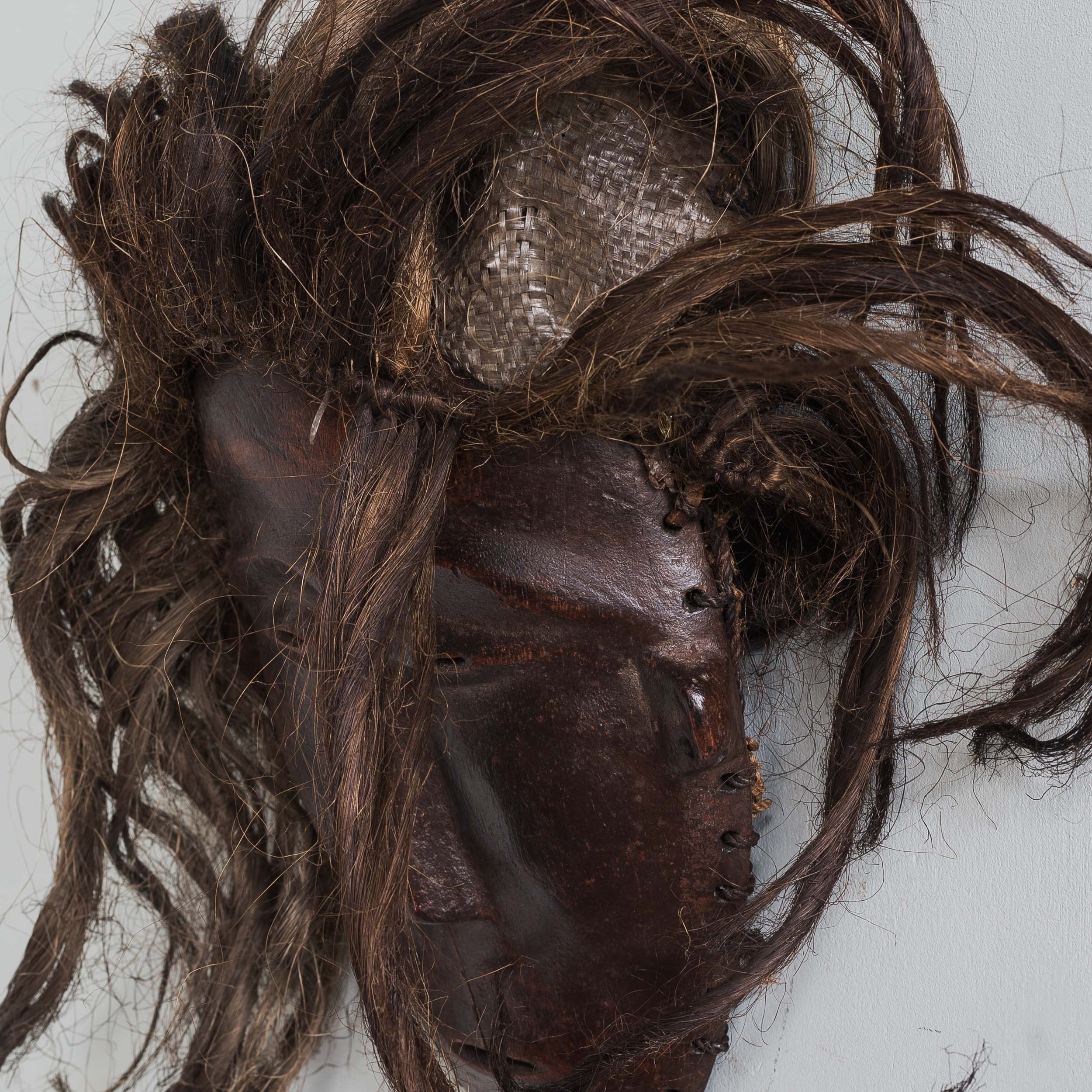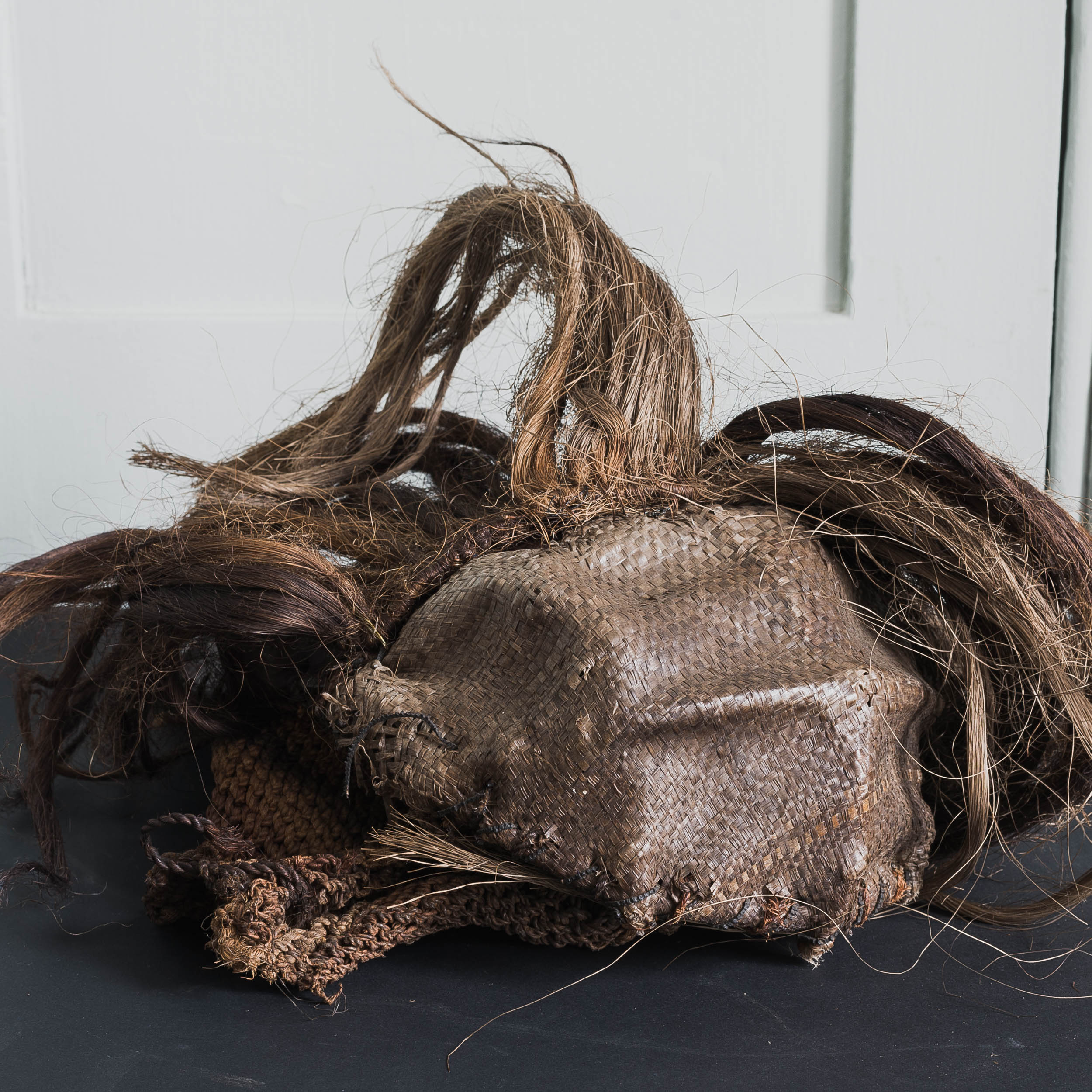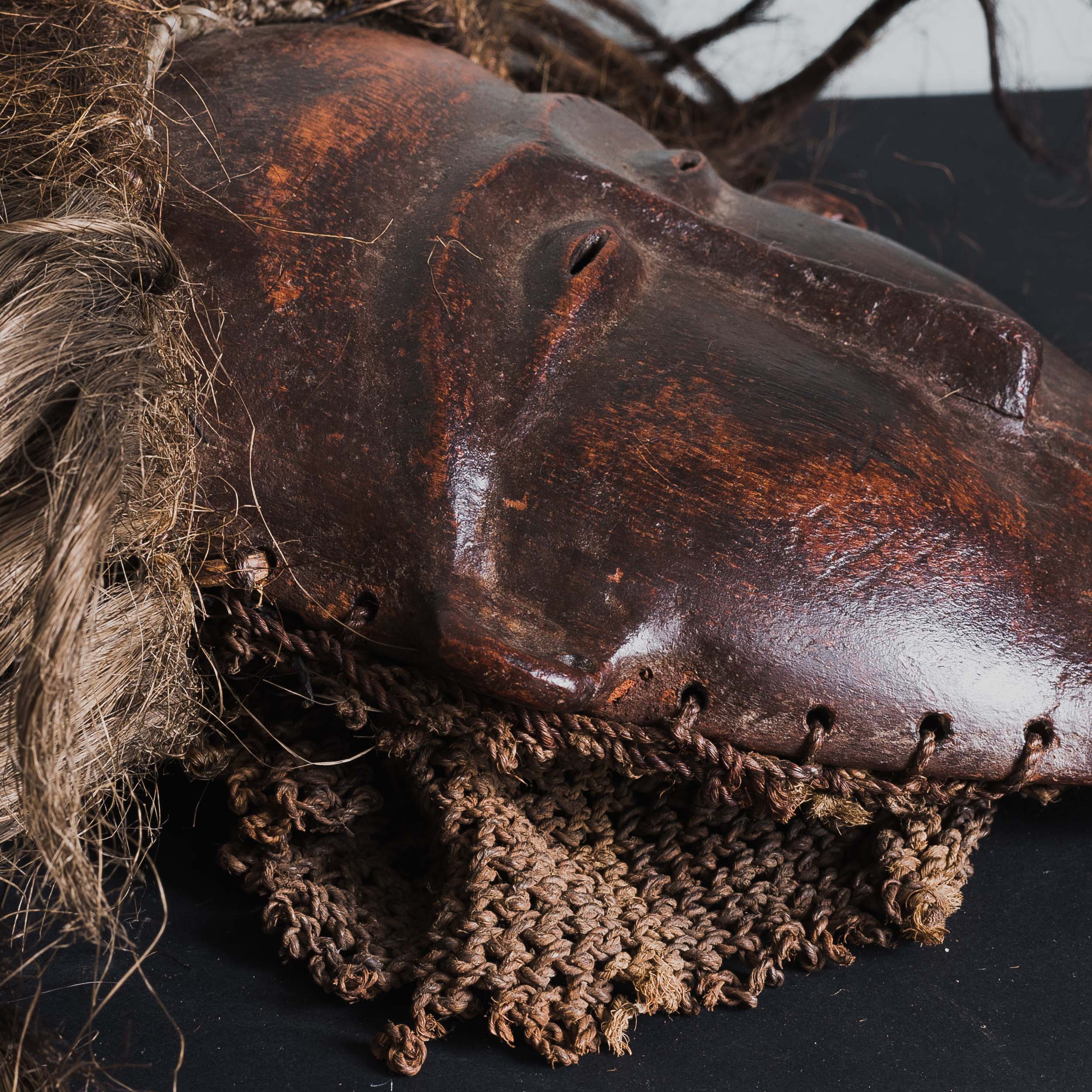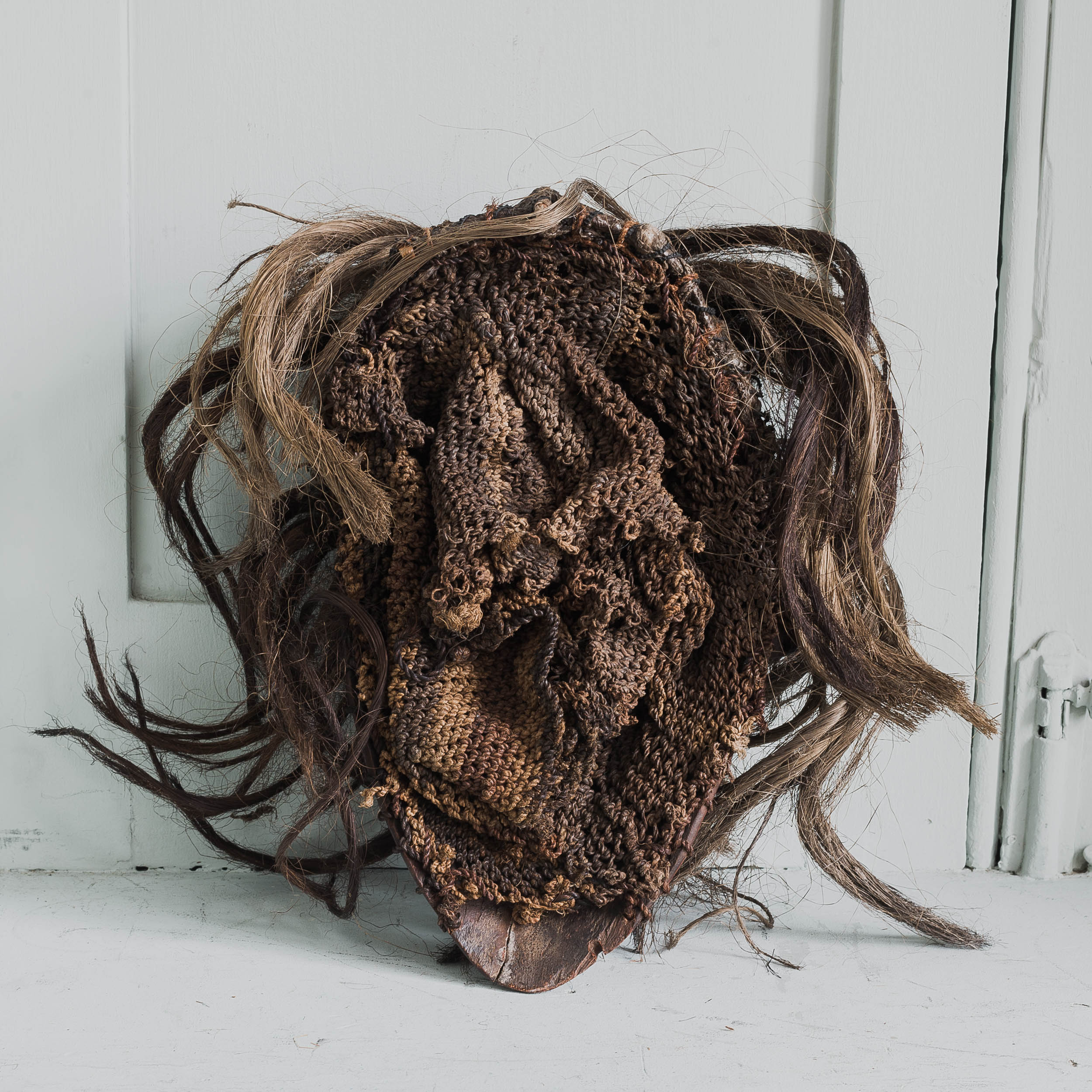Tchokwe Pwo mask,
Angolan,
The Pwo is a classic Chokwe mask genre that honours their founding female ancestries as guardians of fertility and procreation.
Chokwe masks were made and worn by men, often performed during the celebrations that mark a completion of initiation into adulthood and with means to honour women who had survived the difficulty of childbirth.
£245
In stock

